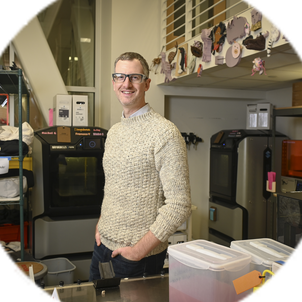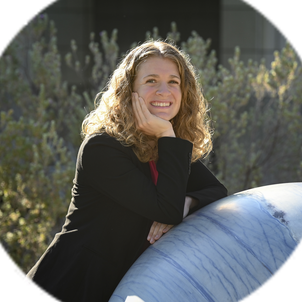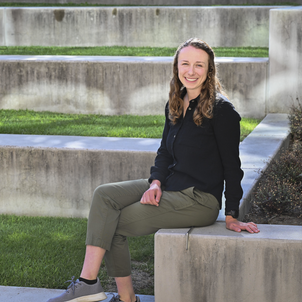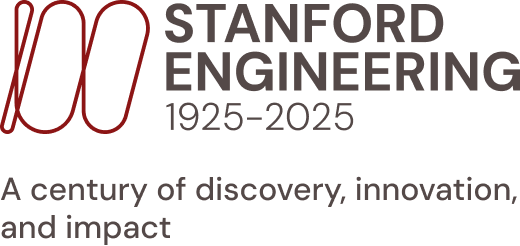I was never very good at school, but I was dedicated to playing all kinds of sports and skateboarding. By high school, I also loved coding. I’d work from a thick book to teach myself to code video games.
As I approached the end of high school, I didn’t know what to do, and I didn’t understand what academia could do for me. Neither of my parents graduated from high school, although my mother did earn her GED. I didn’t have anyone to emulate, and I didn’t understand how to approach college or even apply. But I really wanted to be part of something great, so I decided to go into the Marine Corps infantry, where I served two combat deployments that took me all over the world, from Afghanistan, Africa, and Australia to Singapore and Dubai. I loved it, and I met the most diverse set of people I would ever be around.
After I left the military, I signed up at Saddleback College near Camp Pendleton without knowing what I wanted to do. I took eight classes and failed them all. I spent the next year surfing in Southern California and helping a couple of friends produce an art exhibit in Santa Ana, but I was looking for some sort of purpose-driven work. Because I liked the idea of creating things that people could use, I decided to risk going back to school to study engineering. It was intimidating; I didn’t know if I could do it, and I knew I’d lose my GI Bill if I failed one more semester. I decided studying would be pretty much all I’d do. After classes I’d be in the library until it closed, then I’d move to another building and stay there until they kicked me out at 11. It took me three years to finish my required courses.
I transferred to UC Berkeley, where I worked at Lawrence Berkeley National Laboratory with the Joint Center for Artificial Photosynthesis, and received my bachelor’s degree in mechanical engineering. I was going to stay there for my PhD, but many of the scientists I talked with encouraged me to reconsider this. They told me that sometimes it’s important in academia – and in life – to experience a new environment and get lost again, so that you’re forced to navigate something unfamiliar and learn new things. I care a lot about people and relationships, so this resonated with me. I wanted to find new problems and new people to grow with, so I came to Stanford and changed my major from mechanical engineering to materials science and engineering. I’d done some materials engineering while at Berkeley and worked at Microsoft’s Station Q on quantum computing, so it was a great move for me; I immediately felt Stanford’s entrepreneurial spirit.
My work at Stanford focuses on the development of moiré superlattices, which are atomically thin sheets of materials stacked together that host exotic properties that fundamentally set them apart from the individual layers. These quantum materials provide an unprecedented and diverse platform to design novel materials for disruptive quantum technologies in fields ranging from energy and finance to drug discovery and national security. To explore such materials, I’ve worked with Stanford professors David Goldhaber-Gordon, Andrew Mannix, and Fang Liu to design a new robotic vacuum stacking system, along with new techniques that allow us to engineer and measure these materials. There’s a lot of creativity and discovery in this space, and I feel like I’m at the forefront of the research that’s driving it forward.
I believe I’m at this place in my life now because of all the people – including my Stanford family – who’ve been around me, and the programs and cohorts that supported me on this journey. I wouldn’t be here if not for the Bridge 2 Engineering (B2E) program at Saddleback College, Stanford’s Exposure to Research and Graduate Education (SERGE) program, and the veterans programs at both UC Berkeley and Saddleback College. You don’t often see a lot of people with my background in a PhD program, so I try to mentor when I can. I also worked as a member of the School of Engineering Dean’s Graduate Student Advisory Council, because as a combat veteran and a first-generation re-entry student, it’s important for me to advocate for students from marginalized communities.
Whether I go into academia or enter industry, I want to continue research in the field of quantum information science and technology, and to explore the impact it can have for social good. The military taught me the value of service and the importance of everybody looking out for each other. As a 2023 Tillman Scholar, it’s important to me to continue my service going forward. That’s deeply rooted in me, and the focus will always be people.
Related spotlights

Dan Somen

Sonia Martin


